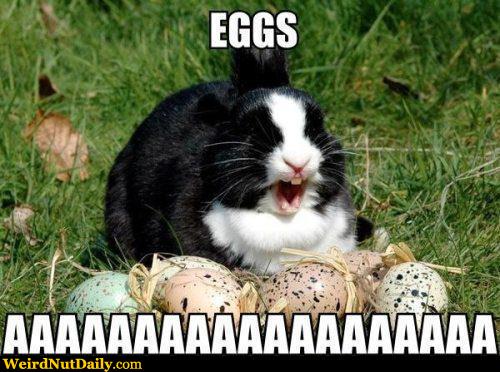"In most European languages, the word for Easter comes from the Hebrew Pesach.We can see the connection easily in French Pâques, Italian Pasqua, Spanish Pascua, Dutch Pasen, Danish Påske or Russian Paskha, for example. All of these words refer to the Jewish feast of Passover, which was the setting for the Easter events recounted in the Christian Gospels.
Why is it, then, that the English word for this feast is so different? Where does the word Easter come from?
The most popular theory is reflected in the entry for Easter in the Canadian Oxford Dictionary: the Old English word eastre came "apparently from Eostre, a goddess associated with spring."
"Easter"
does not mean "Resurrection". Google "Easter Image" and see what you get. What has this to do with the Resurrection of Christ? The Perfect Passover Lamb not bunny:BangHead:
(source of quote from)
https://www.noslangues-ourlanguages.gc.ca/bien-well/fra-eng/vocabulaire-vocabulary/mot-word-eng.html

